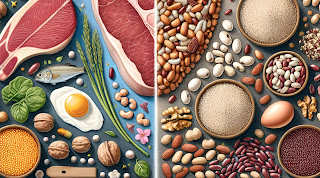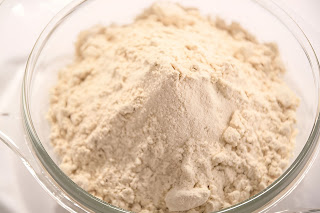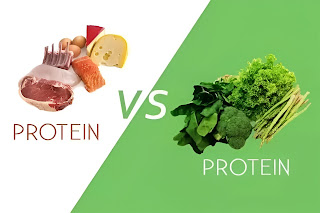Animal protein VS plant protein, a healthy balance challenge

Protein has always been a hot topic in the field of nutrition and health, and the choice between animal protein and plant-based protein is even more controversial. Both sources have their advantages, and understanding their impact on health can help people make more informed dietary choices. Ultimately, however, the key is a balance of incorporating both types of protein into your daily diet. Protein plays a vital role in the body as a major building block of tissues, muscles and organs, as well as an integral component of enzymes, hormones and the immune system. Both animal and plant proteins provide these functions, but they differ in nutritional content and health effects. Animal protein, which mainly comes from meat, fish, dairy products and eggs, is a complete protein that contains all the essential amino acids required by the human body. In addition, animal protein is rich in important nutrients such as vitamin B12, iron, zinc, and omega-3 fatty acids, which are essential for bod





